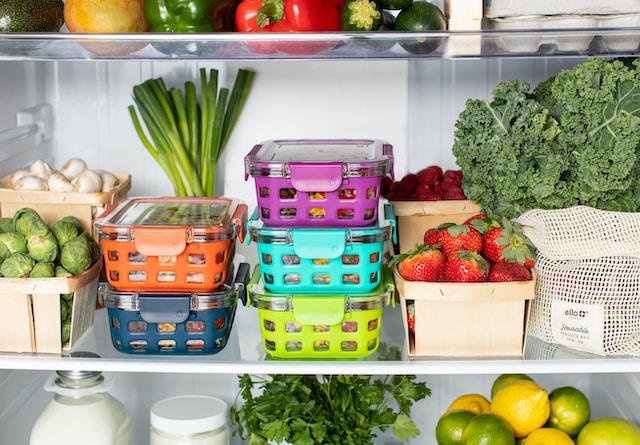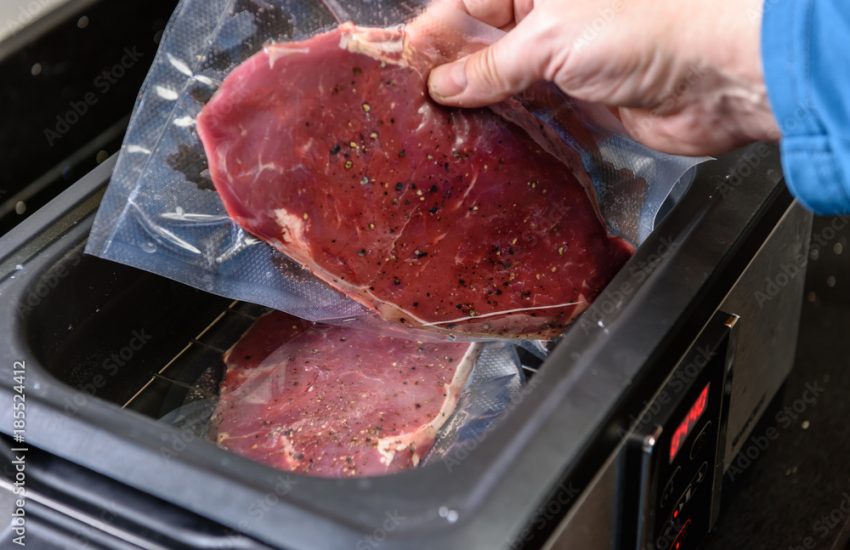The Importance of Proper Refrigeration Maintenance for the Food & Drink Industry
Refrigeration is a crucial part of modern life, from preserving food to keeping medical supplies at the correct temperature. Proper refrigeration maintenance is essential to ensure that these systems continue to work efficiently and effectively, avoiding breakdowns and ensuring that temperatures remain within safe ranges.
Regular maintenance can help extend the life of refrigeration systems, prevent breakdowns, and save energy, ultimately saving money. Here are some of the key reasons why proper refrigeration maintenance is so important:
Efficiency
Efficiency is one of the primary benefits of proper refrigeration maintenance. Regular maintenance tasks can help keep refrigeration systems running at optimal efficiency, which can save money on energy costs and extend the lifespan of the equipment.
For example, dirty or clogged coils can reduce the efficiency of a refrigeration system by inhibiting heat transfer. When the coils are dirty or blocked, the system has to work harder to achieve the same level of cooling, which can increase energy consumption and cause unnecessary wear and tear on the equipment. Routine cleaning of the coils can prevent this problem, allowing the refrigeration system to run more efficiently and use less energy.
Similarly, worn belts or loose connections can cause the system to work harder than necessary to keep temperatures stable. Regular maintenance can help identify and address these issues before they cause serious problems, preventing breakdowns and reducing energy costs.
In addition to saving money on energy costs, improving efficiency through proper maintenance can also help extend the lifespan of refrigeration systems. When systems are running at optimal efficiency, they are less likely to suffer from premature failure or breakdowns, which can be costly to repair or replace.
Preventing breakdowns
Preventing breakdowns is another key benefit of proper refrigeration maintenance. Breakdowns can be costly in terms of repairs, lost product, and downtime, which can impact business operations and profits. Regular maintenance can help prevent breakdowns by identifying and addressing potential issues before they become serious problems.
For example, routine maintenance tasks such as cleaning coils and checking refrigerant levels can help catch issues early, before they have a chance to cause significant damage. If coils are dirty or refrigerant levels are low, the system may have to work harder to maintain temperatures, which can increase the risk of breakdowns and premature failure. By addressing these issues before they become serious problems, maintenance can help extend the lifespan of refrigeration systems and prevent costly repairs.
Another common cause of breakdowns in refrigeration systems is worn or damaged components. Regular maintenance can help identify and replace worn belts, bearings, and other components before they fail, preventing breakdowns and reducing the risk of damage to other parts of the system.
In addition to preventing breakdowns, regular maintenance can also help identify potential safety hazards, such as leaks or faulty wiring, which can pose a risk to employees or customers. By addressing these issues promptly, maintenance can help prevent accidents and injuries, protecting the well-being of everyone involved.
Investing in regular maintenance is a cost-effective way to prevent breakdowns and extend the lifespan of refrigeration systems. By identifying and addressing potential issues early, maintenance can help prevent costly repairs, downtime, and lost product, ultimately improving business operations and profits.
Food safety
Proper refrigeration is critical for ensuring the safety of perishable food items, and regular maintenance is essential to maintaining the correct temperatures and preventing the growth of harmful bacteria.
Refrigeration systems work by removing heat from the air inside the unit and transferring it outside, keeping the temperature inside at a safe level for storing perishable items. However, if the temperature inside the unit rises above a safe level, bacteria can grow rapidly, which can lead to spoilage and potential health hazards.
Regular maintenance is crucial for ensuring that refrigeration systems are working correctly and maintaining the proper temperatures. Routine maintenance tasks such as cleaning coils, checking refrigerant levels, and inspecting seals can help prevent leaks and ensure that temperatures remain within safe ranges.
In addition to maintaining the proper temperatures, regular maintenance can also help prevent other issues that can impact food safety. For example, if the drain line is clogged or the defrost system isn’t working correctly, excess moisture can accumulate inside the unit, creating an environment where bacteria can thrive. Regular maintenance can help prevent these issues and ensure that the unit is functioning correctly.
Proper refrigeration maintenance is particularly important in industries where food safety regulations are in place, such as food service and healthcare. Failure to maintain refrigeration systems properly can result in fines, legal issues, and damage to the reputation of the business.
Compliance
Compliance is another critical factor in the importance of proper refrigeration maintenance. Many industries, such as food service and healthcare, are subject to strict regulations governing the handling and storage of perishable items. Failure to comply with these regulations can result in fines, legal issues, and damage to the reputation of the business.
Proper maintenance of fridge components is essential for meeting these regulations and ensuring compliance. Regular maintenance can help ensure that refrigeration systems are functioning correctly, maintaining the proper temperatures, and preventing the growth of harmful bacteria. This is critical for businesses that handle perishable items, such as food service and healthcare, where non-compliance can pose serious health risks.
In addition to meeting regulatory requirements, proper refrigeration maintenance can also help prevent other compliance-related issues, such as environmental concerns. Refrigeration systems can contain chemicals that can be harmful to the environment if they leak or are improperly disposed of. Proper maintenance can help prevent leaks and ensure that these chemicals are handled and disposed of correctly, reducing the risk of environmental damage and regulatory penalties.
Maintaining compliance through proper refrigeration maintenance can also be beneficial for the reputation of the business. A reputation for quality and compliance can attract customers and improve the overall perception of the business, which can lead to increased profits and growth.
Environmental impact
The environmental impact of refrigeration systems is another important factor to consider when discussing the importance of proper refrigeration maintenance. Refrigeration systems can contain refrigerants that can be harmful to the environment if they leak or are improperly disposed of.
Refrigerants are compounds that are used in refrigeration systems to absorb and release heat, which helps to maintain the proper temperature inside the unit. However, some refrigerants, such as chlorofluorocarbons (CFCs) and hydrochlorofluorocarbons (HCFCs), are known to contribute to ozone depletion and global warming.
Proper refrigeration maintenance can help reduce the environmental impact of refrigerants by preventing leaks and ensuring that refrigerants are handled and disposed of correctly. For example, regular maintenance tasks such as inspecting seals and replacing worn components can help prevent leaks, reducing the risk of refrigerant emissions.
Additionally, proper refrigerant management, such as recovering and recycling refrigerants, can help reduce the environmental impact of refrigeration systems. Recovering and recycling refrigerants can help reduce the need for new refrigerants and prevent the release of harmful compounds into the environment.
Proper refrigeration maintenance can also help reduce the energy consumption of refrigeration systems, which can further reduce their environmental impact. Routine maintenance tasks such as cleaning coils, checking refrigerant levels, and replacing worn components can help improve the efficiency of refrigeration systems, reducing energy consumption and greenhouse gas emissions.
Conclusion
In conclusion, proper refrigeration maintenance is crucial to the efficient and effective operation of refrigeration systems. Regular maintenance can help prevent breakdowns, improve efficiency, ensure compliance with regulations, and reduce environmental impact. By investing in routine maintenance, businesses and individuals can save money, protect their investments, and ensure the safety of the products they store in refrigeration units.


